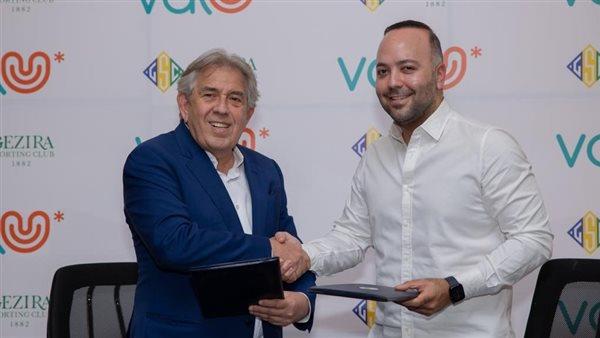
Janssen, the pharmaceutical companies of Johnson and Johnson, one of the world’s leading healthcare companies, Wednesday announced the successful completion of a knowledge transfer program which is improving outcomes for leukemia patients in Saudi Arabia.
In cooperation with the Ministry of National Guard Health Affairs, the initiative offers vital genetic testing to patients with chronic lymphocytic leukemia (CLL), to ensure the most appropriate treatment is given, and prognosis and outcomes are improved. Supported by the Saudi Society of Blood and Marrow Transplantation, (SSBMT) this is the first time this vital test has been offered in the region.
Identifying the presence of a mutation within the immunoglobulin heavy-chain variable region gene (IGHV) is a vital tool in treating CLL. It is recognized as a marker of overall survival rate, and an acknowledged prognostic factor in the disease. Identification of the mutation ensures the most appropriate treatment is given to improve patient outcomes. IGHV testing is mandatory under international clinical guidelines for CLL, however identifying this biomarker has not previously been possible in the region.
Under the knowledge transfer project which sought to address this challenge, two pathologists were selected by the SSBMT receive training on the sophisticated Next Generation Sequencing technique in Switzerland. They then returned to Saudi with the knowledge and skills to train colleagues and establish testing capabilities in the Kingdom. The program, sponsored by Janssen, is in line with Saudi Vision 2030 of developing the Kingdom’s healthcare capabilities and supporting localization within the healthcare sector.
CLL is the most common leukemia diagnosed in adults. The Saudi Cancer Registry report that leukemia is the fifth most common cancer in Saudi adults1, and the incidence of the disease is on the rise, due in part to an aging population. But while the average age of diagnosis is 70, increasing numbers are being diagnosed at a younger age within the Kingdom. Identifying those who are more likely to develop an aggressive form of the disease is vital to offer these patients the most appropriate, effective treatment, and increase survival rates.
Dr. Ahmed Alaskar, president of the Saudi Society of Blood and Marrow Transplantation (SSBMT) and executive director of King Abdullah International Medical Research Center, said, “Identifying a mutation in the IGHV gene is at the heart of guided CLL treatment. Without this type of information, doctors are often forced to treat CLL blindly, and there is a risk of treatment failure. CLL patients without the IGHV mutation are at a higher risk of receiving a poor prognosis.
“Identifying these patients helps the treating physician to offer personalized targeted therapy with higher success rates. When we understand the molecular basis of the disease, and ensure an individualized approach to treatment, we really can improve survival rates. Being able to offer CLL patients in the Kingdom this type of molecular testing is a real breakthrough.”
SSBMT selected King Abdulaziz Medical City, Riyadh, part of Ministry of National Guard Health Affairs and King Fahad Specialist Hospital — Dammam, as partners for this project following a competitive selection process. The hospital was selected based on its stringent accreditations, an established team of molecular scientists, and a clear commitment to knowledge sharing with other facilities within their network with the aim of providing access for across the Kingdom. A representative from each institutions were sent to travel to Switzerland and receive training in the Next Generation Sequencing molecular testing for IGHV mutation.
Dr. Saeed Alturki, head of translational pathology lab, said, “I am pleased to be involved in a program that provides CLL patients, at a national level, access to precision oncology healthcare services. Collaborations such as this, between the private sector and our government, provide the opportunity to implement cutting-edge technologies within the genomics field, and crucially, extend this support to our colleagues in all hospitals. Together, we are benefitting the well-being of Saudi citizens and supporting the Saudi Vision 2030 of expanding the Kingdom’s healthcare capabilities.”
Mohammed Alquwaizani, general manager at Janssen Pharmaceutical Companies of Johnson & Johnson, Saudi Arabia, said, “For several decades, Janssen has been establishing public-private partnerships within the Kingdom to deliver groundbreaking solutions for patients with added value to the healthcare system. We are committed to — and invested in — supporting Saudi Arabia’s position as a pioneer in healthcare capabilities.
“Collaborating with the Ministry National Guard Health Affairs and SSBMT to build local capabilities in the most sophisticated molecular screening techniques demonstrates that together, we can pioneer real progress and ensure that we offer the right treatments at the right time, for the right patient as we work towards making cancer a manageable, even curable, condition.” — SG












